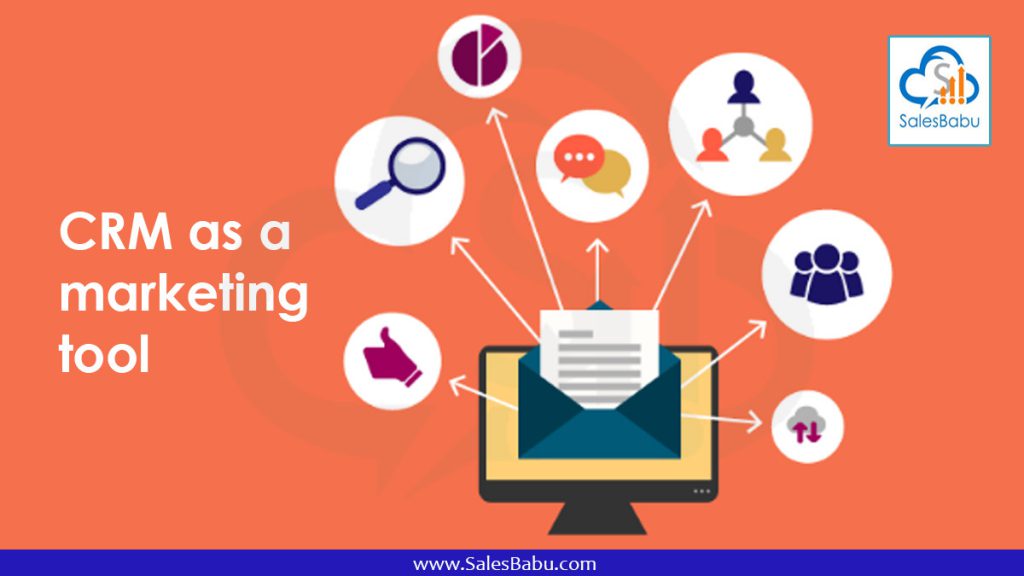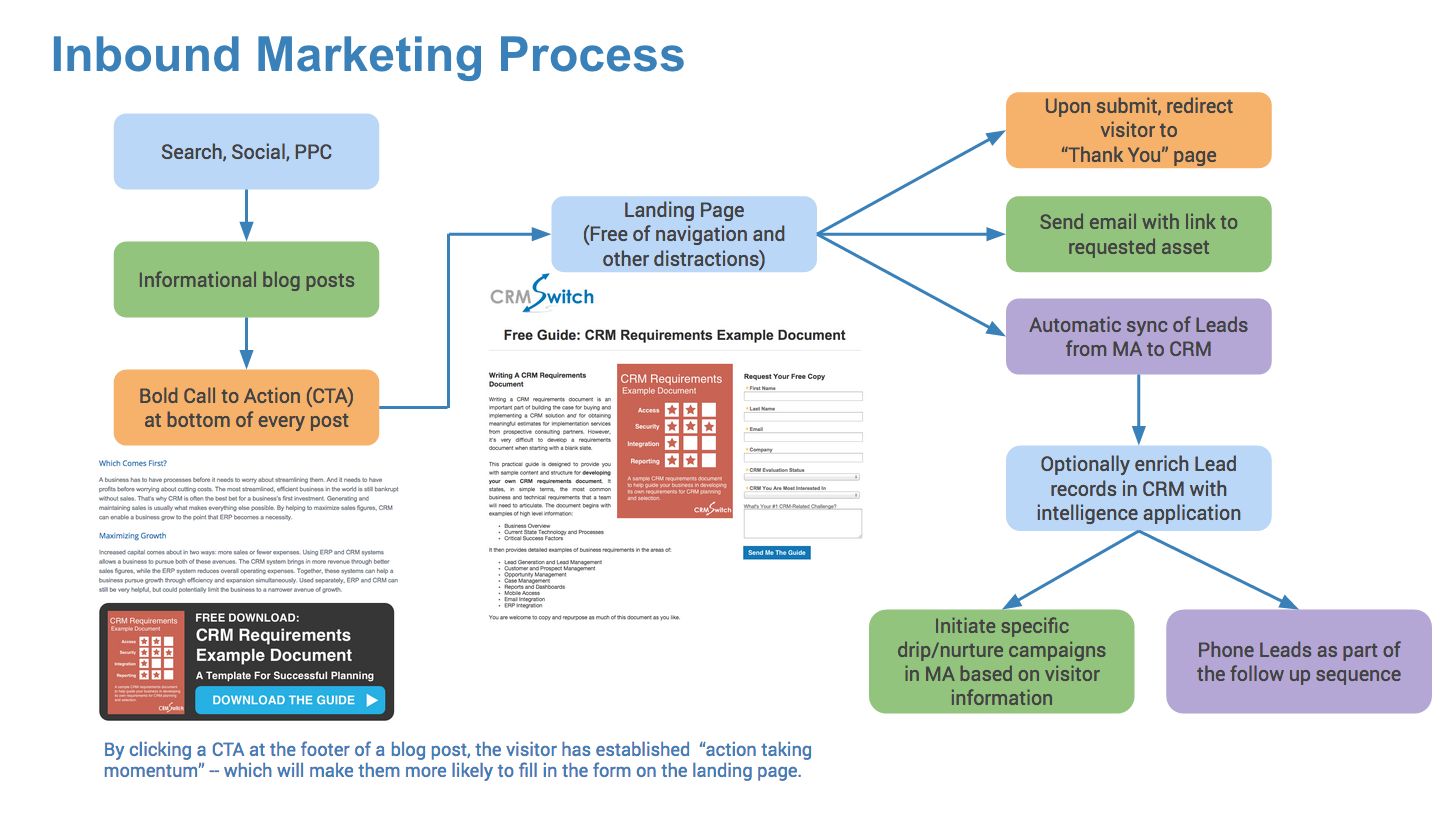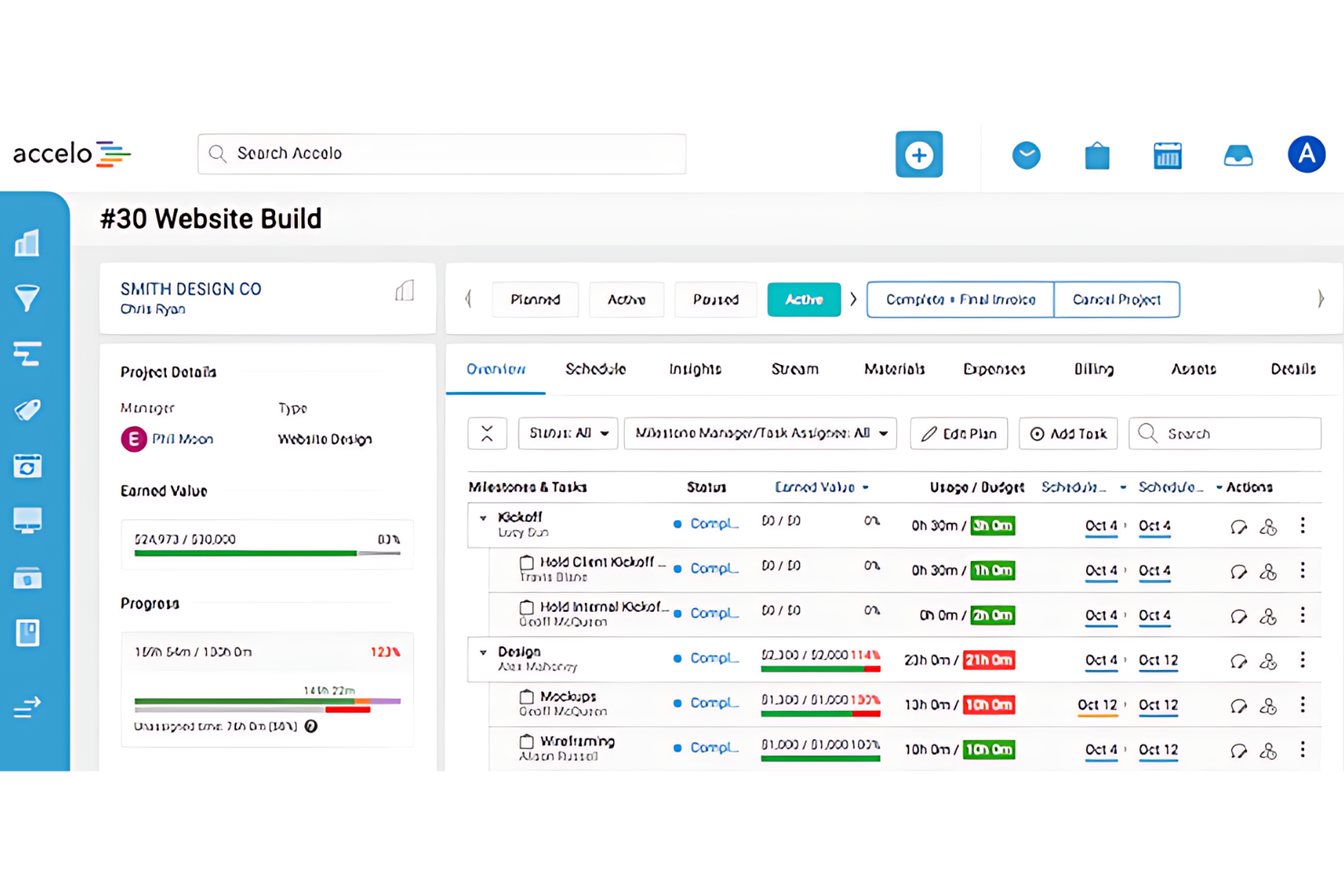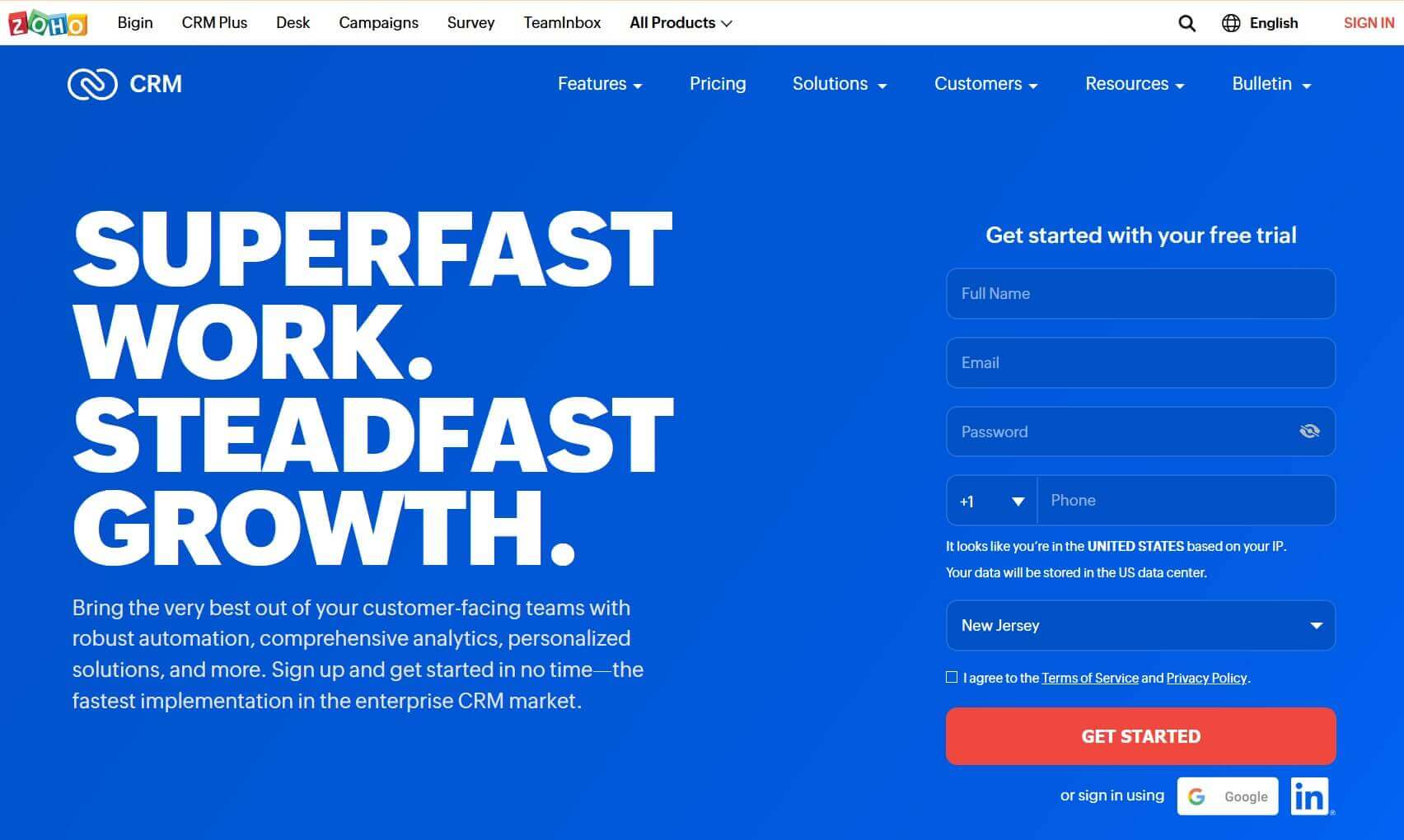Unlocking Growth: The Ultimate Guide to CRM Marketing Tools

Introduction: Navigating the CRM Marketing Landscape
In today’s fast-paced digital world, businesses are constantly seeking ways to connect with their customers, streamline operations, and boost their bottom line. One of the most powerful tools for achieving these goals is a Customer Relationship Management (CRM) system. But a CRM is more than just a piece of software; it’s the central nervous system of your marketing efforts. It’s where you house customer data, track interactions, and orchestrate campaigns that resonate. Choosing the right CRM marketing tools can be the difference between a stagnant business and one that thrives.
This comprehensive guide delves deep into the world of CRM marketing tools. We’ll explore what they are, why they’re essential, and how to choose the perfect ones for your specific needs. Whether you’re a startup, a small business, or a large enterprise, understanding the intricacies of CRM and its associated tools is crucial for sustained success. We’ll also look at real-world examples, best practices, and emerging trends to keep you ahead of the curve. Let’s embark on this journey together, and equip you with the knowledge to transform your marketing strategy.
What are CRM Marketing Tools? A Deep Dive
At its core, a CRM marketing tool is a software solution designed to manage and analyze customer interactions and data throughout the customer lifecycle. It’s a centralized hub that allows businesses to understand their customers better, personalize their interactions, and ultimately, drive revenue growth. Unlike siloed systems, CRM tools bring all customer-related information into one place, enabling a 360-degree view of each customer.
These tools go far beyond simple contact management. They empower marketers to:
- Capture and Organize Data: Gather information from various sources, including website forms, email interactions, social media, and sales interactions.
- Segment Customers: Divide your audience into specific groups based on demographics, behavior, purchase history, and other relevant criteria.
- Automate Marketing Tasks: Automate repetitive tasks like email marketing, lead nurturing, and social media posting.
- Personalize Customer Experiences: Tailor your messaging and offers to individual customer preferences and needs.
- Track and Analyze Performance: Monitor key metrics like conversion rates, ROI, and customer lifetime value to optimize your marketing efforts.
The benefits are numerous, ranging from improved customer satisfaction and loyalty to increased sales and revenue. CRM marketing tools provide the foundation for data-driven decision-making, allowing businesses to make smarter choices about their marketing strategies.
Key Features and Functionalities of CRM Marketing Tools
The landscape of CRM marketing tools is vast, offering a wide array of features. However, some core functionalities are essential for any successful CRM implementation.
1. Contact Management
This is the foundation of any CRM system. It involves storing and organizing customer contact information, including names, addresses, phone numbers, email addresses, and other relevant details. Good contact management allows you to easily find, update, and manage customer data, ensuring accuracy and efficiency.
2. Lead Management
Lead management features help you track and nurture potential customers throughout the sales funnel. This includes capturing leads, qualifying them, assigning them to sales representatives, and tracking their progress through the sales cycle. Effective lead management ensures that no lead falls through the cracks and that you’re maximizing your conversion rates.
3. Sales Automation
Sales automation streamlines the sales process by automating tasks like sending follow-up emails, scheduling appointments, and generating reports. This frees up your sales team to focus on building relationships and closing deals. Automation can significantly reduce the time it takes to close a sale and improve overall sales efficiency.
4. Marketing Automation
Marketing automation tools allow you to automate repetitive marketing tasks, such as email campaigns, social media posting, and lead nurturing. This helps you deliver targeted messages to the right customers at the right time, increasing engagement and driving conversions. Automation also provides valuable insights into customer behavior and campaign performance.
5. Customer Service and Support
Many CRM systems include features for managing customer service and support requests. This includes tracking support tickets, providing self-service portals, and offering live chat support. Excellent customer service builds customer loyalty and can be a significant differentiator in a competitive market.
6. Reporting and Analytics
Reporting and analytics features provide valuable insights into your marketing and sales performance. This includes tracking key metrics like conversion rates, ROI, customer lifetime value, and sales pipeline progress. Data-driven insights allow you to optimize your marketing strategies, improve your sales processes, and make informed business decisions.
Choosing the Right CRM Marketing Tools for Your Business
Selecting the right CRM marketing tools is a critical decision that can significantly impact your business’s success. With so many options available, choosing the right fit can be challenging. Here’s a step-by-step guide to help you make the right choice:
1. Define Your Needs and Goals
Before you start evaluating different CRM systems, take the time to clearly define your business needs and goals. What are your primary objectives for implementing a CRM? Are you looking to improve sales, enhance customer service, or streamline your marketing efforts? Identifying your specific needs will help you narrow down your choices and find a system that aligns with your objectives.
2. Assess Your Budget
CRM systems come in a variety of price points, from free and open-source solutions to enterprise-level platforms. Determine your budget and stick to it. Consider the total cost of ownership, including software costs, implementation costs, training costs, and ongoing maintenance costs. Make sure you choose a system that provides good value for your investment.
3. Evaluate Features and Functionality
Once you know your needs and budget, evaluate the features and functionality of different CRM systems. Make a list of the essential features you need, such as contact management, lead management, sales automation, and marketing automation. Prioritize the features that are most important to your business and choose a system that offers them.
4. Consider Integration Capabilities
Your CRM system needs to integrate seamlessly with your existing business systems, such as your website, email marketing platform, and accounting software. Make sure the CRM you choose offers integrations with the tools you already use. This will streamline your workflow and ensure that data flows smoothly between systems.
5. Research Vendors and Read Reviews
Research different CRM vendors and read reviews from other businesses. Look for vendors with a good reputation for customer service and support. Read online reviews, case studies, and testimonials to get insights into the strengths and weaknesses of each system. Consider the vendor’s experience and expertise in your industry.
6. Request Demos and Trials
Before making a final decision, request demos and free trials of the CRM systems you’re considering. This will give you the opportunity to test the system, see how it works, and determine if it’s a good fit for your business. Take the time to explore the features and functionality and get feedback from your team.
7. Plan for Implementation and Training
Implementing a CRM system can be a complex process. Plan for implementation and training to ensure a smooth transition. Develop a detailed implementation plan, including data migration, system configuration, and user training. Provide adequate training to your team to ensure they know how to use the system effectively.
Top CRM Marketing Tools in the Market
The CRM landscape is competitive, with numerous tools vying for market share. Here’s a look at some of the leading CRM marketing tools:
1. HubSpot CRM
HubSpot CRM is a popular, all-in-one CRM platform that offers a comprehensive suite of marketing, sales, and customer service tools. It’s known for its user-friendliness, robust features, and free version, making it an excellent choice for businesses of all sizes. HubSpot excels in marketing automation, lead generation, and sales pipeline management. The platform integrates seamlessly with other marketing tools and provides extensive reporting and analytics.
2. Salesforce Sales Cloud
Salesforce Sales Cloud is a leading CRM platform for businesses of all sizes, particularly large enterprises. It provides a comprehensive suite of tools for sales automation, lead management, and sales analytics. It’s highly customizable and offers a wide range of integrations. Salesforce is known for its scalability, robust features, and extensive ecosystem of apps and add-ons. While powerful, it can be more complex to implement and may have a steeper learning curve.
3. Zoho CRM
Zoho CRM is a versatile and affordable CRM solution that caters to small and medium-sized businesses. It offers a comprehensive suite of features, including contact management, lead management, sales automation, and marketing automation. Zoho CRM is known for its ease of use, customizability, and competitive pricing. It integrates with other Zoho apps and third-party tools, making it a good choice for businesses seeking a cost-effective CRM solution.
4. Microsoft Dynamics 365
Microsoft Dynamics 365 is a powerful CRM platform that integrates with Microsoft’s other business applications, such as Office 365 and Power BI. It offers a comprehensive suite of tools for sales, marketing, and customer service. Dynamics 365 is known for its scalability, enterprise-grade features, and integration capabilities. It’s a good choice for businesses that already use Microsoft products or are looking for a comprehensive CRM solution.
5. Pipedrive
Pipedrive is a sales-focused CRM designed for small and medium-sized businesses. It’s known for its user-friendly interface, visual sales pipeline, and focus on deal tracking. Pipedrive offers a range of features for contact management, lead management, and sales automation. It’s a good choice for businesses that prioritize sales and need a CRM that’s easy to use and implement.
6. Freshsales
Freshsales is a CRM solution that focuses on providing a user-friendly experience for sales teams. It offers features like built-in phone and email, deal management, and comprehensive reporting. Freshsales is known for its ease of use and affordability, making it a strong option for businesses that prioritize simplicity and efficiency in their sales processes.
Best Practices for CRM Marketing Success
Implementing a CRM system is just the first step. To maximize its effectiveness, you need to follow best practices. Here are some key strategies for CRM marketing success:
1. Data Accuracy and Hygiene
The quality of your data is paramount. Regularly clean and update your customer data to ensure accuracy. Remove duplicate entries, correct errors, and standardize data formats. Inaccurate data can lead to wasted marketing efforts and a poor customer experience.
2. Segmentation and Targeting
Segment your customer base based on demographics, behavior, and purchase history. This allows you to create targeted marketing campaigns that resonate with specific customer groups. Tailor your messaging and offers to the needs and preferences of each segment.
3. Personalization
Personalize your customer interactions to build stronger relationships. Use customer data to personalize email campaigns, website content, and other marketing materials. Address customers by name, reference their purchase history, and offer relevant recommendations.
4. Automation and Efficiency
Leverage automation to streamline your marketing processes and improve efficiency. Automate tasks like email marketing, lead nurturing, and social media posting. This frees up your team to focus on more strategic initiatives.
5. Integration and Collaboration
Integrate your CRM with other business systems, such as your website, email marketing platform, and accounting software. This ensures that data flows seamlessly between systems. Foster collaboration between your sales, marketing, and customer service teams to provide a unified customer experience.
6. Continuous Monitoring and Optimization
Regularly monitor your marketing performance and make adjustments as needed. Track key metrics like conversion rates, ROI, and customer lifetime value. Use data-driven insights to optimize your marketing strategies and improve your results.
The Future of CRM Marketing: Trends to Watch
The CRM landscape is constantly evolving. Here are some emerging trends to watch:
1. Artificial Intelligence (AI) and Machine Learning (ML)
AI and ML are transforming the CRM landscape. They’re being used to automate tasks, personalize customer interactions, and provide predictive insights. Expect to see more AI-powered features in CRM systems in the future.
2. Enhanced Personalization
Customers expect personalized experiences. CRM systems are increasingly focused on providing advanced personalization capabilities, such as personalized content, product recommendations, and dynamic pricing.
3. Mobile CRM
Mobile CRM solutions are becoming increasingly important. They allow sales and marketing teams to access customer data and manage their activities on the go. Expect to see more mobile-first CRM solutions in the future.
4. Focus on Customer Experience (CX)
Customer experience is a key differentiator. CRM systems are increasingly focused on providing tools and features that improve the customer experience, such as self-service portals, live chat support, and personalized customer journeys.
5. Integration with Social Media
Social media is an essential channel for customer engagement. CRM systems are increasingly integrating with social media platforms to enable social listening, social selling, and social customer service.
Conclusion: Embracing CRM for Sustainable Growth
CRM marketing tools are no longer a luxury; they’re a necessity for businesses that want to thrive in today’s competitive market. By understanding the key features, choosing the right tools, and implementing best practices, you can leverage CRM to drive customer engagement, increase sales, and achieve sustainable growth. Embrace the power of CRM, and transform your marketing strategy.




